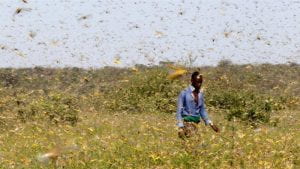This course was a learning experience in how to deal with stress and uncertain times. Like also it shed a tremendou light on how our food system works. I was incredibly surprised how many times I would be excited to talk to my friends or family about what I am learning. The reason for that is during COVID food is on a lot of people’s minds. Whether we will have food in our grocery store the next day or month, etc.
Going into the group project I was excited to see what I could do to help a food NGO and apply the knowledge I learned in class. That’s why I wanted to do the Salish center as my group project as I love seafood tremendously. I wanted to learn how a NGO can impact seafood supply chains. We had our first set of meetings and were able to get the goals from our advisor Riley Starks, The Executive Director of Salish Center. He talked about how the Salish Center goals which were the following:
- PDO (Protected Designation of Origin)
- Increased consumer knowledge of their seafood’s source.
- Long term goal of protecting the Salish Sea.
- Promote regional food
Learning about these goals we had a set number of objectives. Riley wanted us to contact as much outside organizations such as churches, companies, restaurants etc to gain funding and lobbying towards Salish Center efforts. Also he wanted us to bolster the NGO social media. When doing the objectives I could not feel motivated. My work was to find the churches in Seattle and surrounding cities and contact them. I got zero contact back from the churches or anyone for the matter and it was demoralizing. Also felt like I couldn’t concentrate on anything other than the events happening around me.
I learnt from the group project about my worst and what it means to deal with tremendous stress from other parts of my life. My regret is not figuring out a way to deal with that stress to help my group members in a manner that is representative of my best. I hope that this class serves as a lesson in how to deal with uncertain times and hopefully I grow from it.






